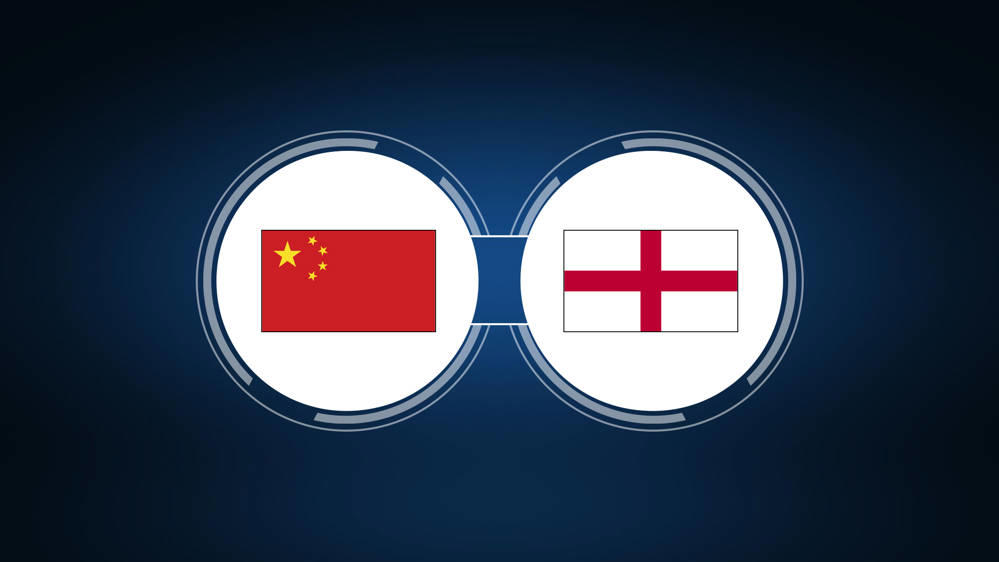Embracing the Parenting Journey: China vs England Insights
Oh, the joys of parenting! Whether you’re a mum or dad in the bustling streets of Shanghai or enjoying a peaceful afternoon in the English countryside, raising children is a universal journey filled with love, challenges, and a plethora of learning experiences. But, are there differences in parenting approaches between China and England? You bet there are, and we’re here to explore them together!
Understanding Cultural Nuances in Parenting
Before we dive into the nitty-gritty, let’s remember that parenting doesn’t come with a one-size-fits-all manual. Cultures around the world present unique philosophies, methods, and traditions that shape the ways parents nurture and educate their children. With that happy thought in our hearts, let’s start our exploration of parenting practices in China and England with enthusiasm and an open mind!
Educational Expectations: No Child Left Behind in Academics
In China, education is often considered the golden key to a successful future. Chinese parents place a strong emphasis on academic achievement and are highly involved in their children’s educational journey. From a young age, children may be enrolled in various after-school classes and tutoring sessions to give them a competitive edge. Meanwhile, over in England, while education is certainly valued, there’s generally a more balanced approach. Many English parents encourage independent learning and critical thinking, with a focus on fostering a well-rounded education.
Filial Piety vs Individualism: Navigating Family Dynamics
The concept of filial piety, deeply ingrained in Chinese culture, fosters a sense of respect and duty towards one’s parents and elders. This traditional virtue shapes Chinese parenting, often leading to multi-generational households and a significant role for grandparents in childcare. On the other hand, in England, individualism tends to take the center stage. Children are raised with the idea of self-expression and autonomy, encouraging them to become independent thinkers and self-reliant individuals from a young age.
Discipline and Manners: The East Meets the West
When it comes to discipline, Chinese parenting may lean towards a more authoritative style. Boundaries and expectations are set clearly, and children are expected to adhere to them diligently. In contrast, English parenting often embraces a more permissive approach, where dialogue and understanding are encouraged, and children are given more freedom to explore their own limits.
Parent-Child Bonding: Quality Time Across Continents
Both Chinese and English parents cherish the emotional bond with their children, but the expression of affection can look different. In China, parents may show love through their unwavering support and sacrifices for their child’s future, sometimes in more subtle ways. In England, there’s a strong culture of openly displaying affection, with plenty of cuddles, verbal praise, and encouragement being an integral part of daily interactions.
As we navigate through the fascinating contrasts and similarities between parenting in China and England, it’s clear that love is the universal language that binds all parents to their children. Every culture has its unique set of values and practices that contribute to the rich tapestry of global parenting styles. Now, let’s explore further nuances that mark the parenting journey on opposite sides of the world!
Stay tuned for more joyous insights and spirited discussions as we delve deeper into the world of parenting across China and England.

Five Key Insights for Parents Preparing for the China vs. England Parenting Experience
1. Embrace the Educational Philosophies
Understanding each country’s educational philosophy is essential. In China, the traditional focus is on rote learning and excelling in exams. As a parent, you might need to support your child through a competitive education system with extra-curricular activities geared towards academic excellence. If you’re parenting in England, you might find a greater emphasis on encouraging your child’s creativity and problem-solving abilities, with the option to find a school that best fits your child’s individual learning style.
2. Adapt to the Social Structures
Prepare to navigate different social values. China places significant importance on collective harmony and respect for elders, often translated into family living arrangements and how children interact with society. As a parent in England, you might witness a greater encouragement of individuality and personal space, meaning children are often given more latitude to express themselves and pursue their own interests.
3. Learn the Language of Discipline
Disciplining your child can be one of the more challenging aspects of parenting. In China, you may observe that discipline often comes with clear expectations and sometimes a stricter hand. If you’re in England, you’re likely to encounter a more liberal view on child discipline that prioritizes reasoning and negotiation. Adapting your discipline methods to reflect these cultural differences can help your child thrive in diverse environments.
4. Cultivate Connections
Recognize the importance of relationships. While both Chinese and English parents value the parent-child bond, the way in which they foster these connections can differ. If you’re raising your child in China, be mindful of incorporating traditional values and respect for family roles in your parenting, while also encouraging self-reliance. In England, fostering open communication and warmth can help strengthen the parent-child bond. Understanding the nuances in these relational approaches will aid in fostering a balanced upbringing.
5. Be Flexible with Feeding and Nutrition
Nutrition is a topic of universal importance, but approaches to feeding can differ. You may find a more structured approach to mealtimes and nutrition in Chinese households, often with an emphasis on traditional foods and health beliefs. In contrast, English parents might exhibit a more relaxed attitude towards food, with a variety of cuisines and dining experiences. Being flexible and adaptive to these culinary habits can ensure your child gets a broad and balanced diet.
Being informed about these nuances prepares you to create a parenting approach that honors the best of both worlds, fostering children who are adaptable, respectful, and well-rounded individuals. Embrace the journey with a spirit of joy and curiosity, and remember, no matter where you are, your love and dedication is the most important ingredient in the recipe for successful parenting.
. For more information see here
Disclaimer
The articles available via our website provide general information only and we strongly urge readers to exercise caution and conduct their own thorough research and fact-checking. The information presented should not be taken as absolute truth, and, to the maximum extent permitted by law, we will not be held liable for any inaccuracies or errors in the content. It is essential for individuals to independently verify and validate the information before making any decisions or taking any actions based on the articles.




